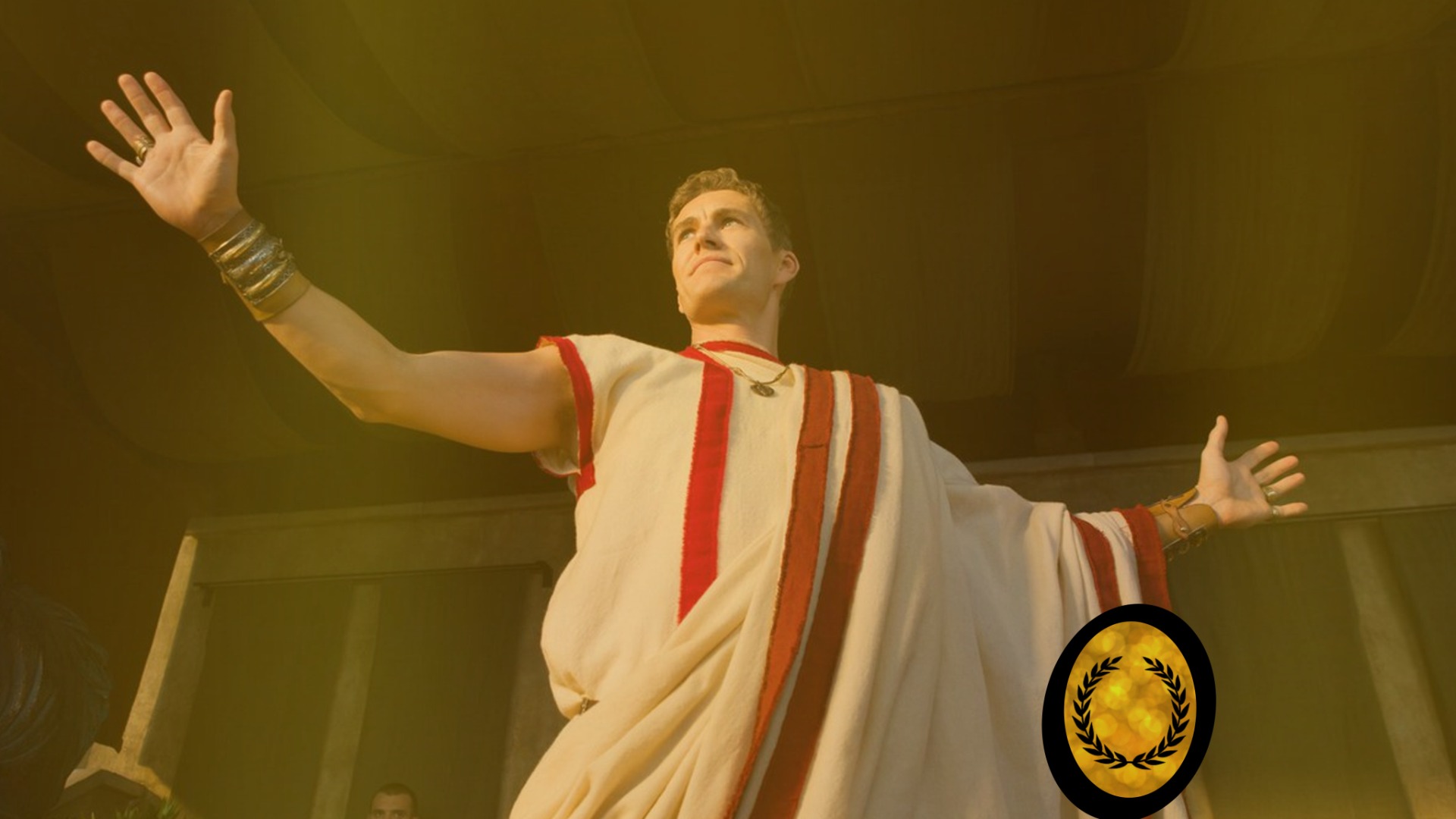As a former champion not only from his home, but also from the arena, Gannicus is one of the most skilled, athletic and durable fighters in the series. Gannicus' true testimony to his abilities is that he proved to be equivalent to Spartacus with skill and sword, while Spartacus is considered one of the best, if not the best fighter in the series. Gannicus himself claims that he and Spartacus are equal in skill with swords, but admits that Spartacus is superior to him when using a spear.
Gannicus' fighting style matches his thinking. With the Dimachaeri style, he can attack constantly and, with Pankration, he can protect himself without armor. He thrives on athletics and speed that allow him to bombard quick attacks and aerial attacks with many jumping movements compared to other gladiators who prefer a more grounded fighting style.
Gannicus also seems to be able to enter a furious rage in combat, which greatly increases his overall strength and ability. This was seen in his fights with Otho, Barca, Egipto and Crixus. However, Gannicus' morbid pursuit of emotion, facing death as closely as possible, often puts him in dangerous combat situations. He willingly fights Otho without weapons, blindfolded, and challenges enemies physically bigger and stronger than himself, such as Caburus, Egyptians and Crixus, without hesitation.
It is the combination of his obsession with danger, indifferent attitude against fear, talented athletics and extremely improved fighting skills that allow him to be victorious against virtually all the enemies he faced while laughing and smiling with joy and excitement. several enemies, even in tight corridors, such as Ashur's mercenaries and pirates. During the capture of Ilithyia, he alone brought down an entire squad of bodyguards through the element of surprise and help from the night darkness, as well as a group of hunters who later questioned his presence around the gladiator.














